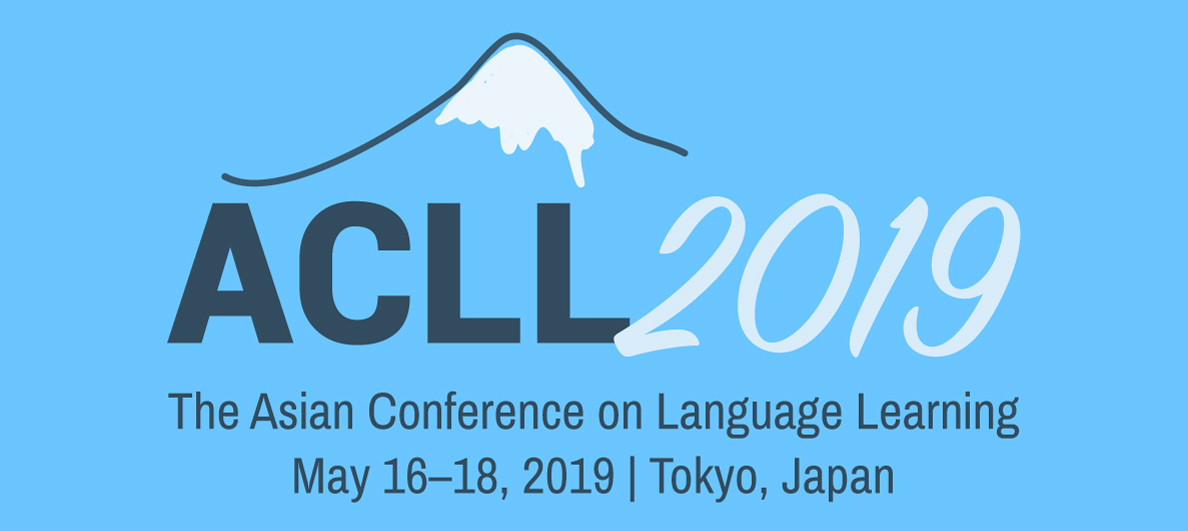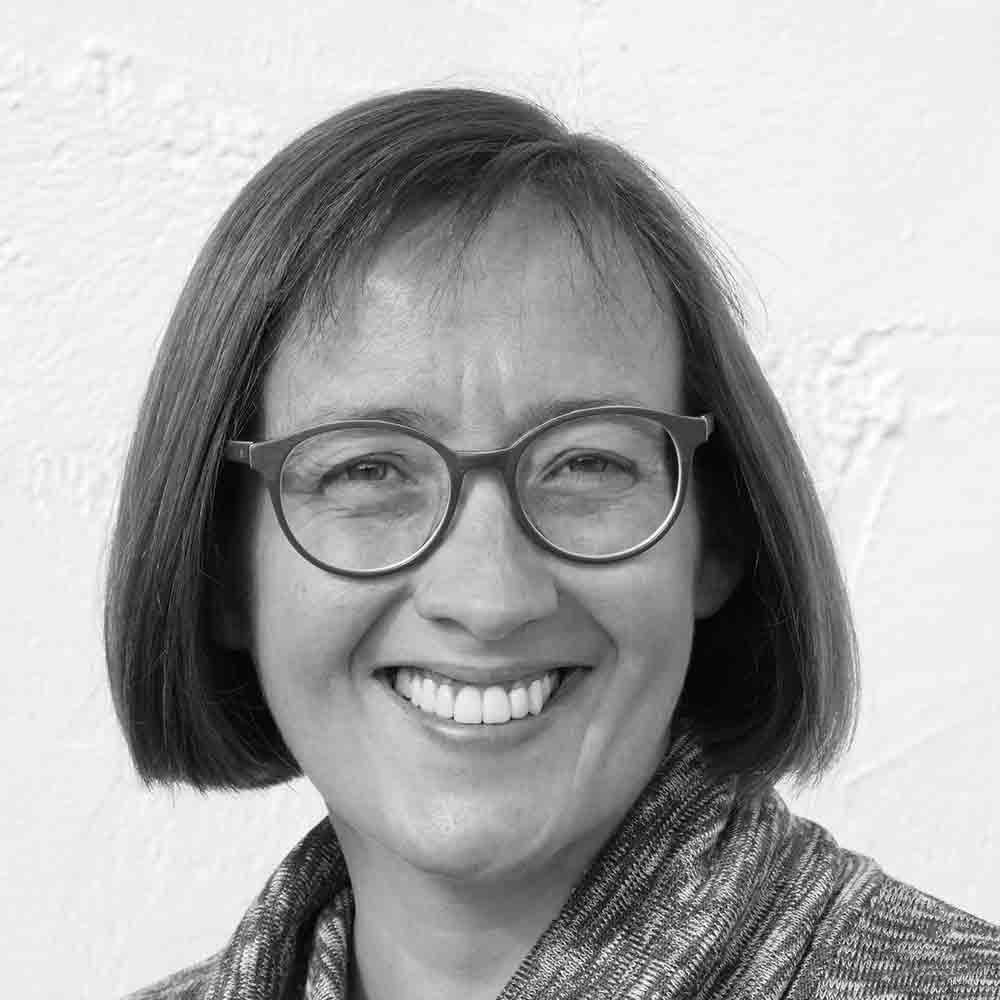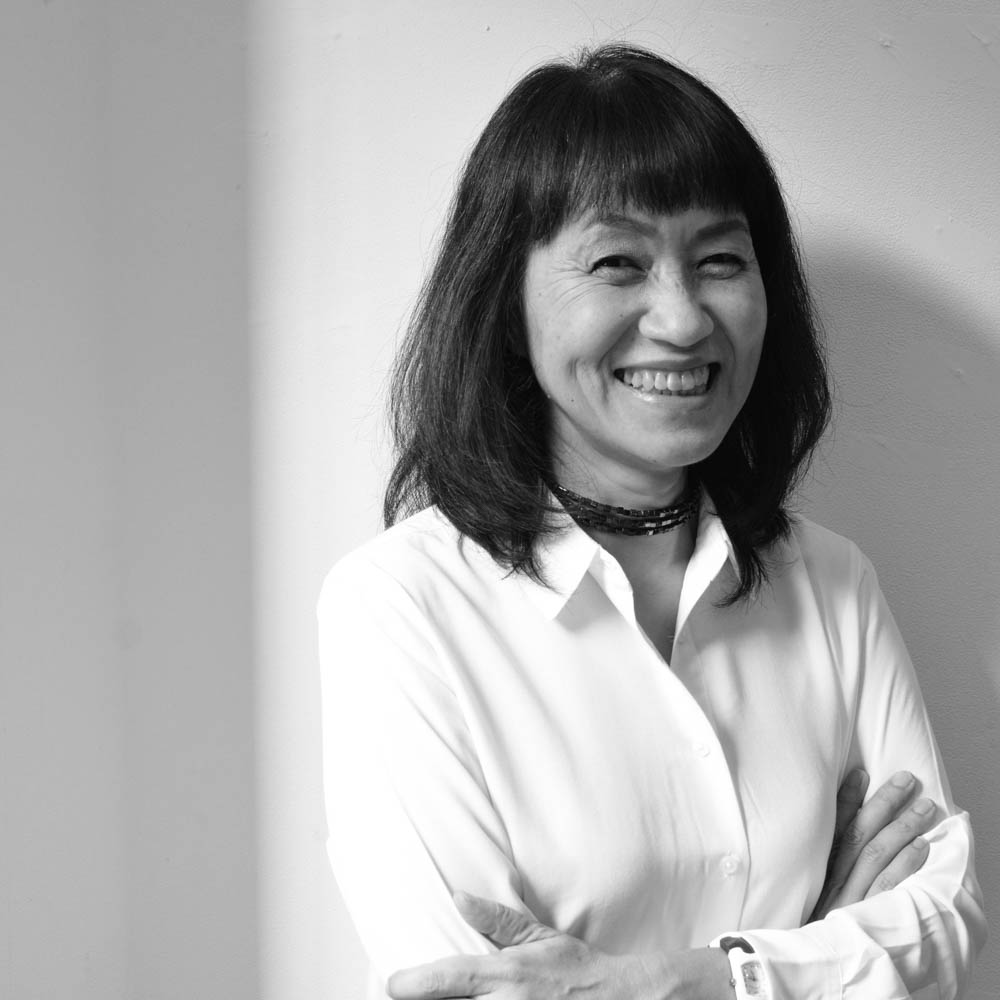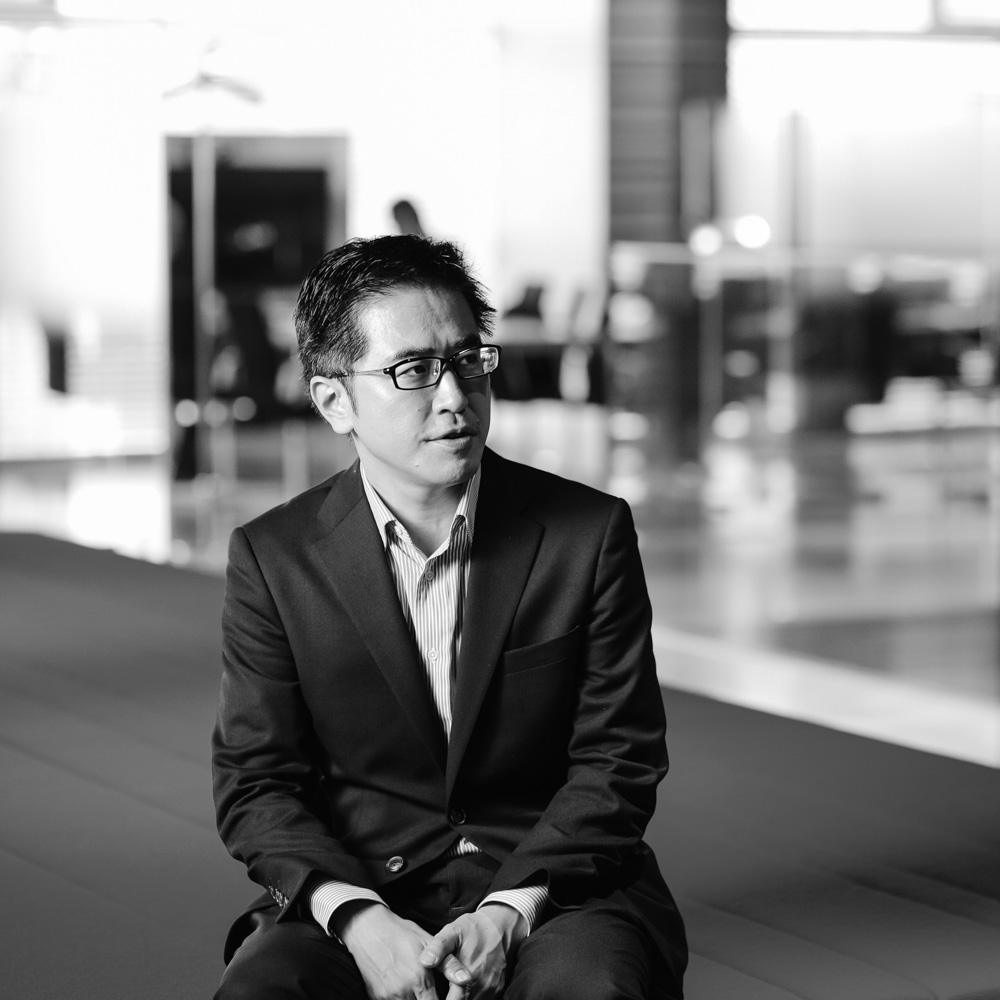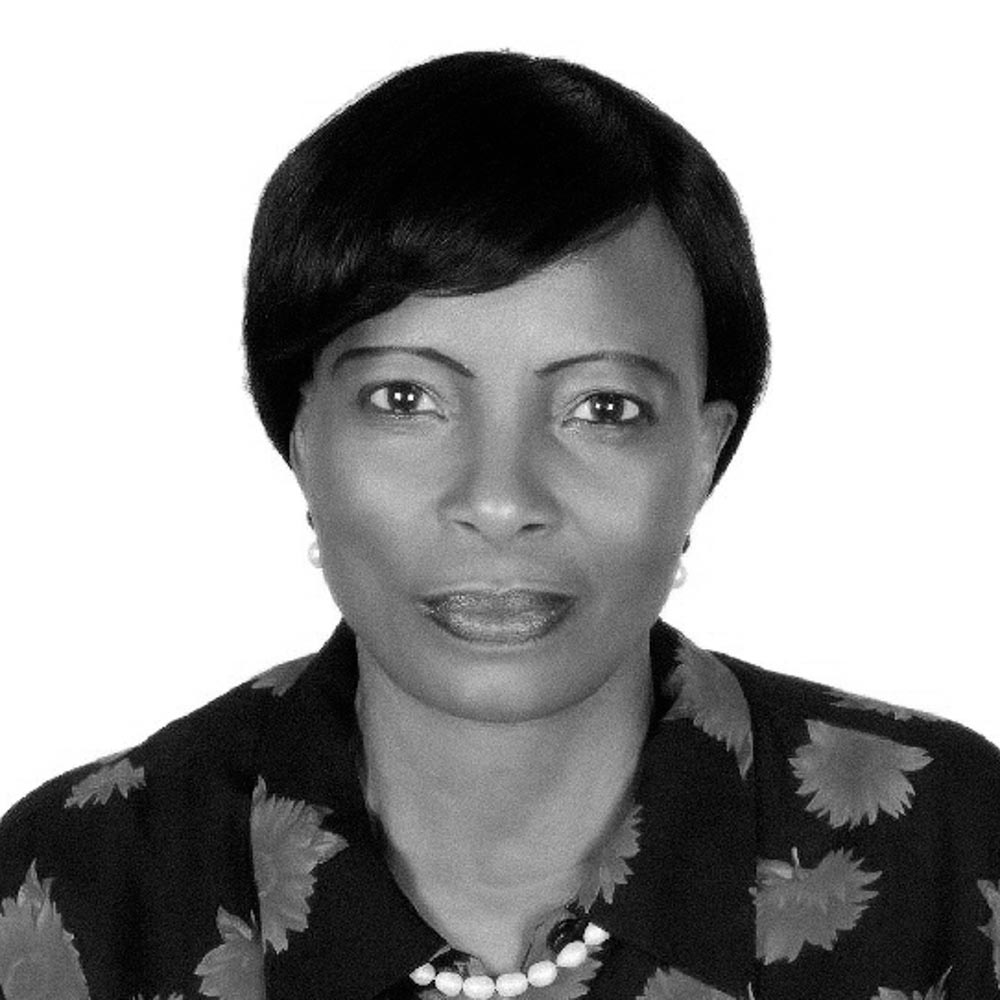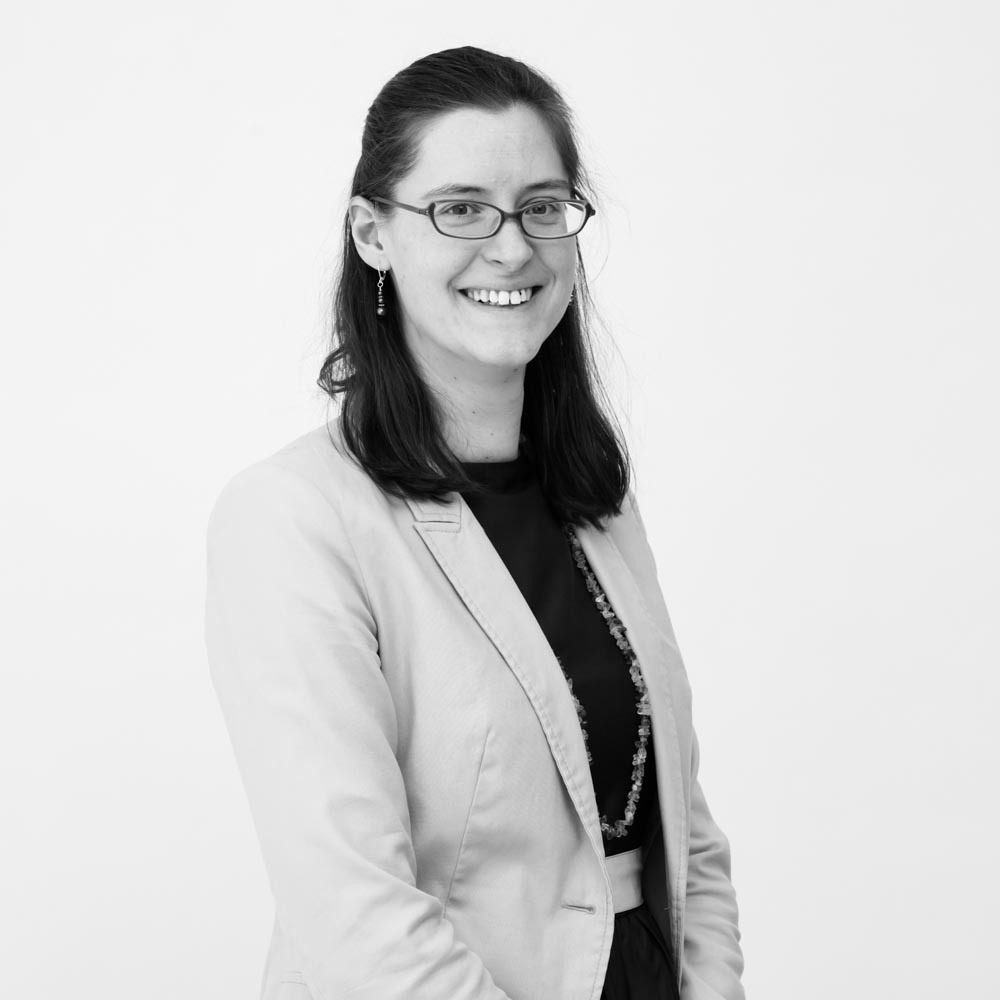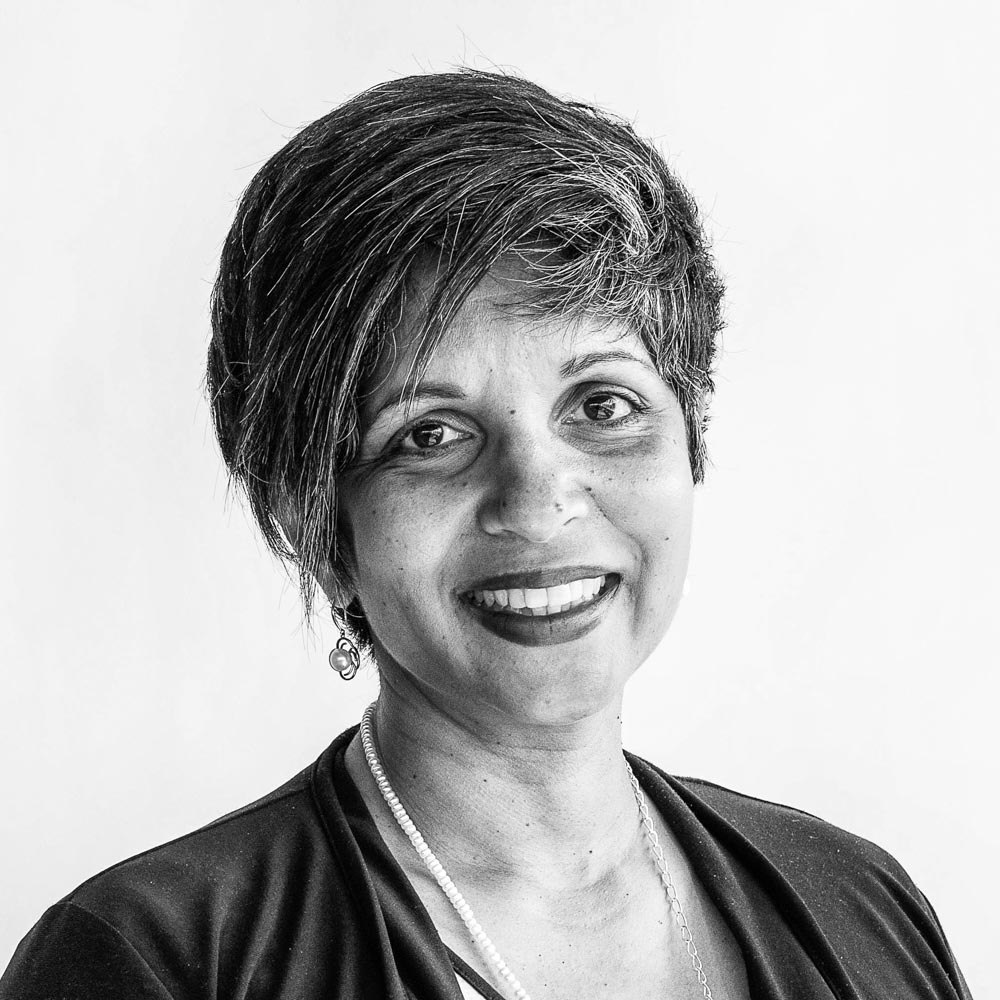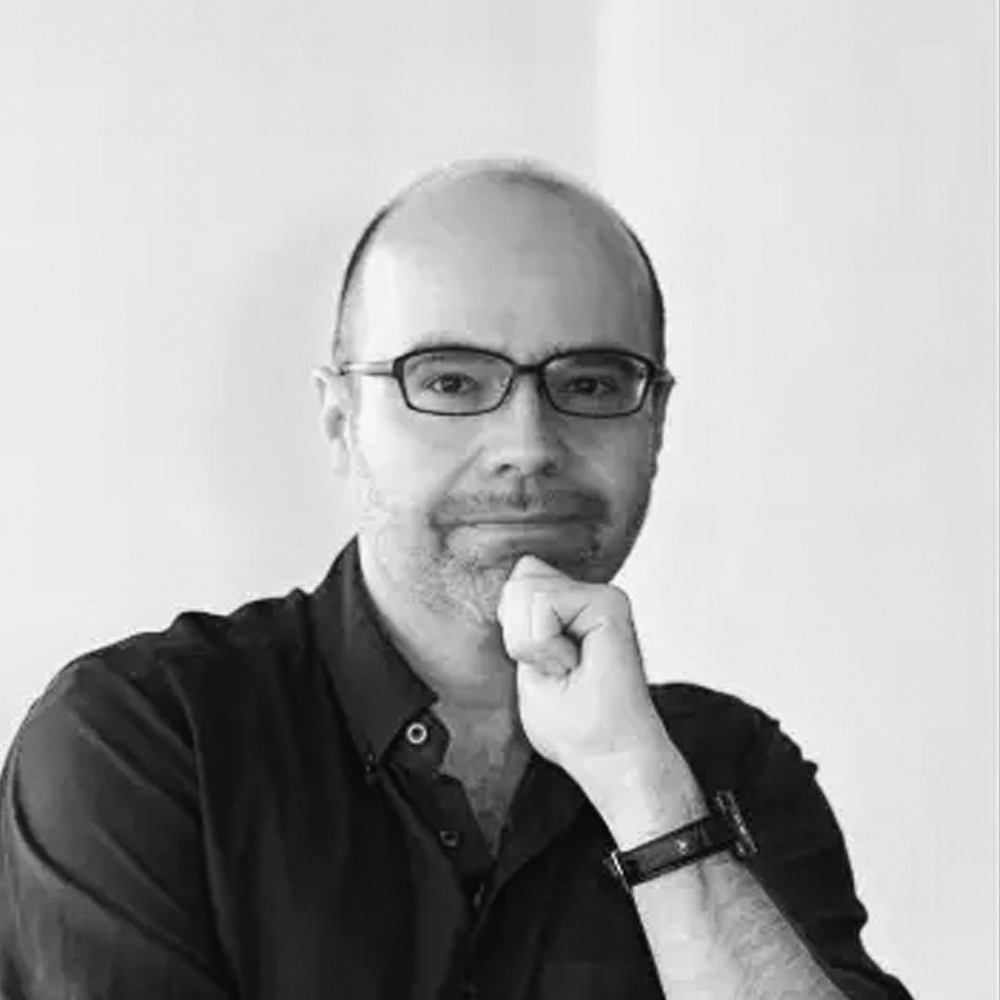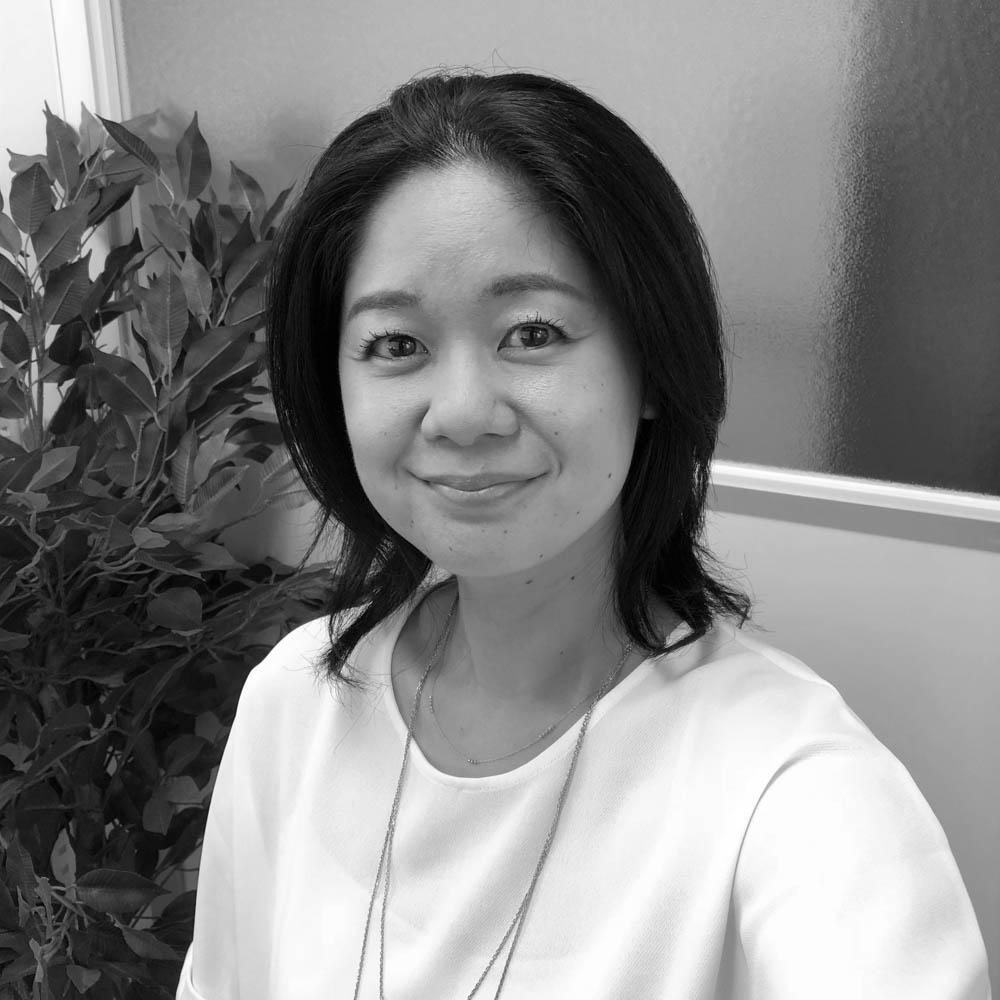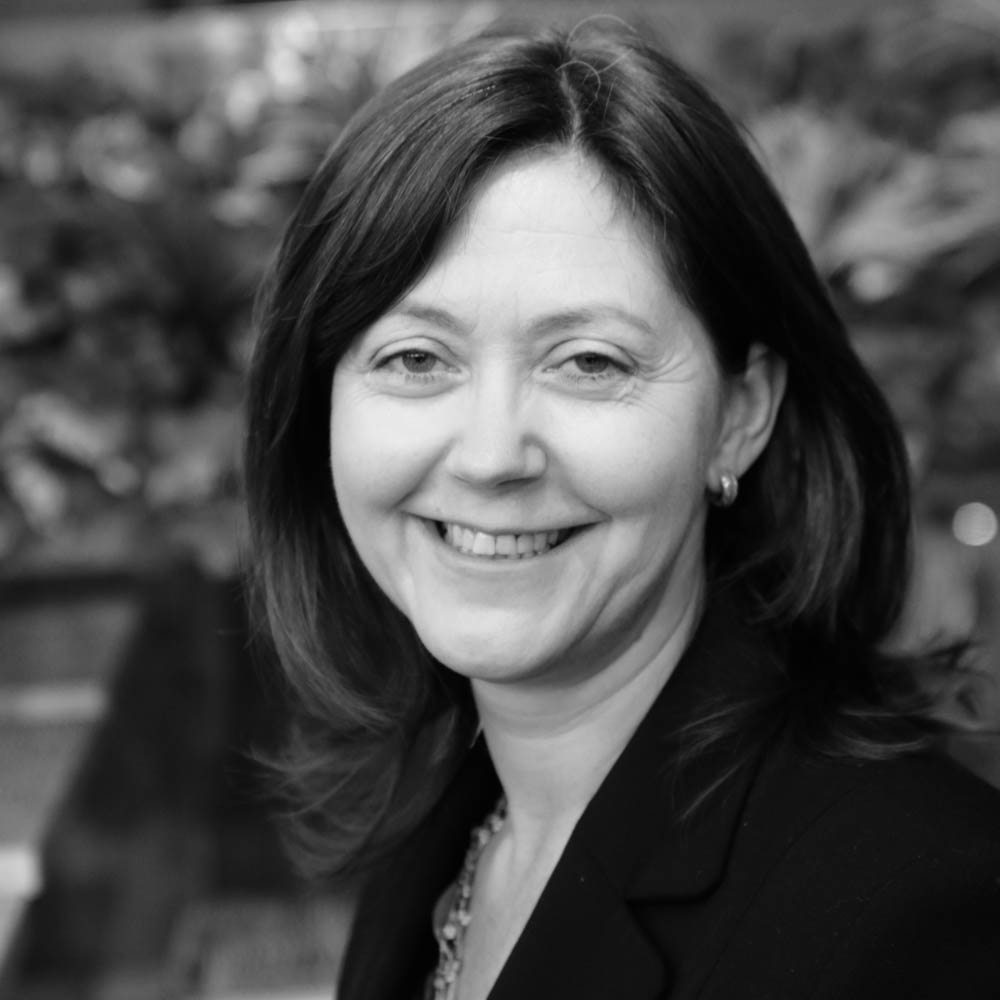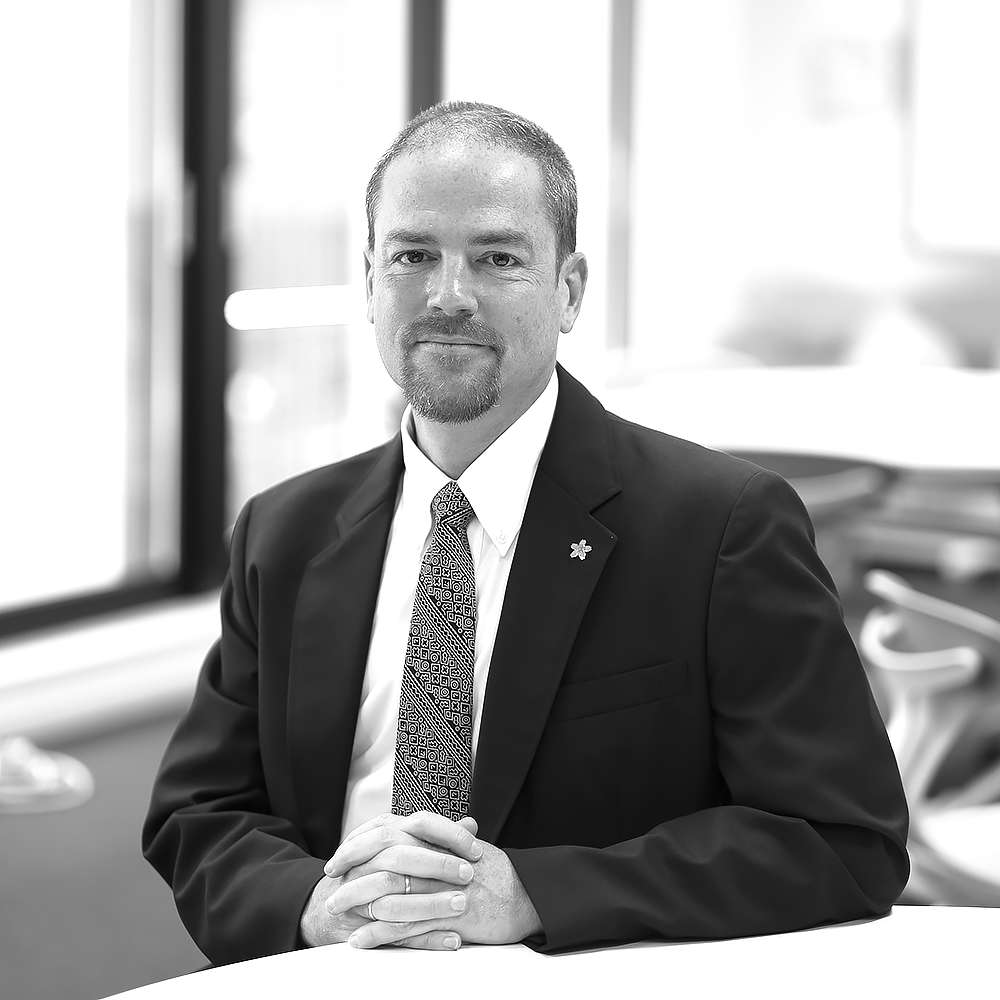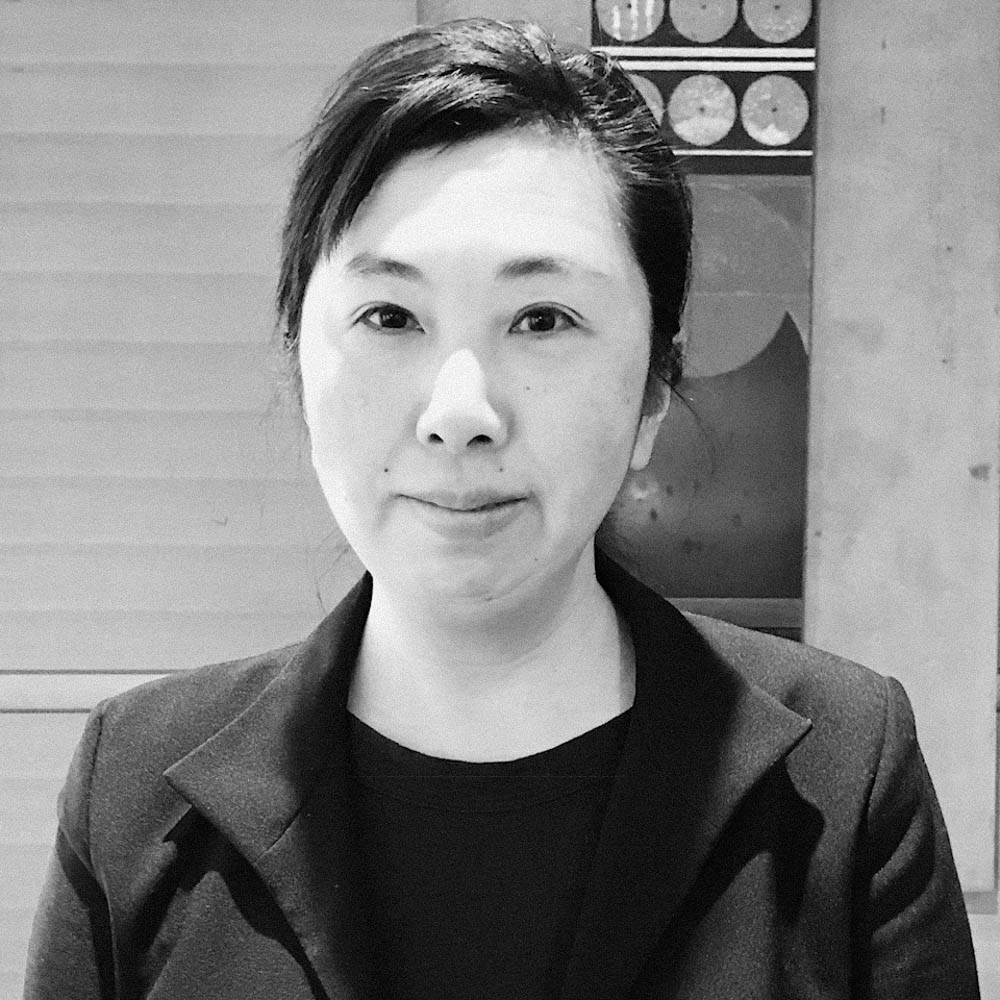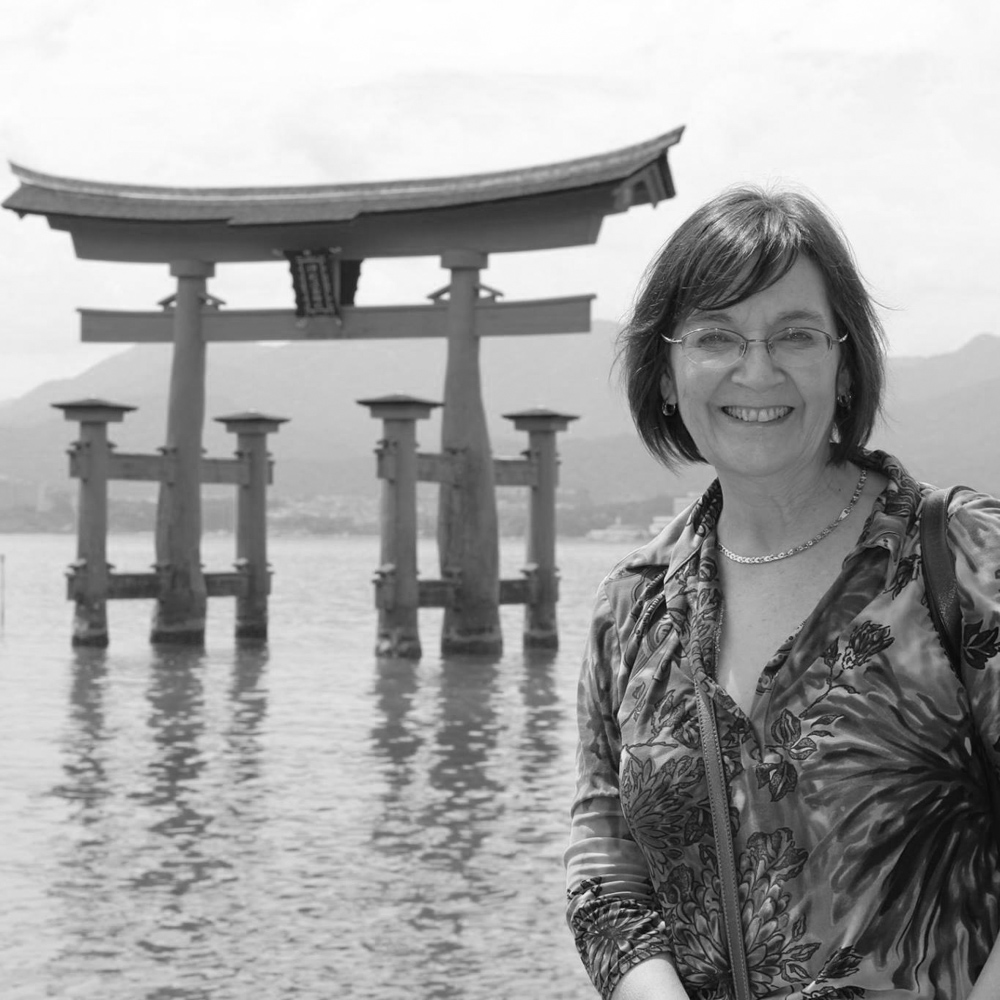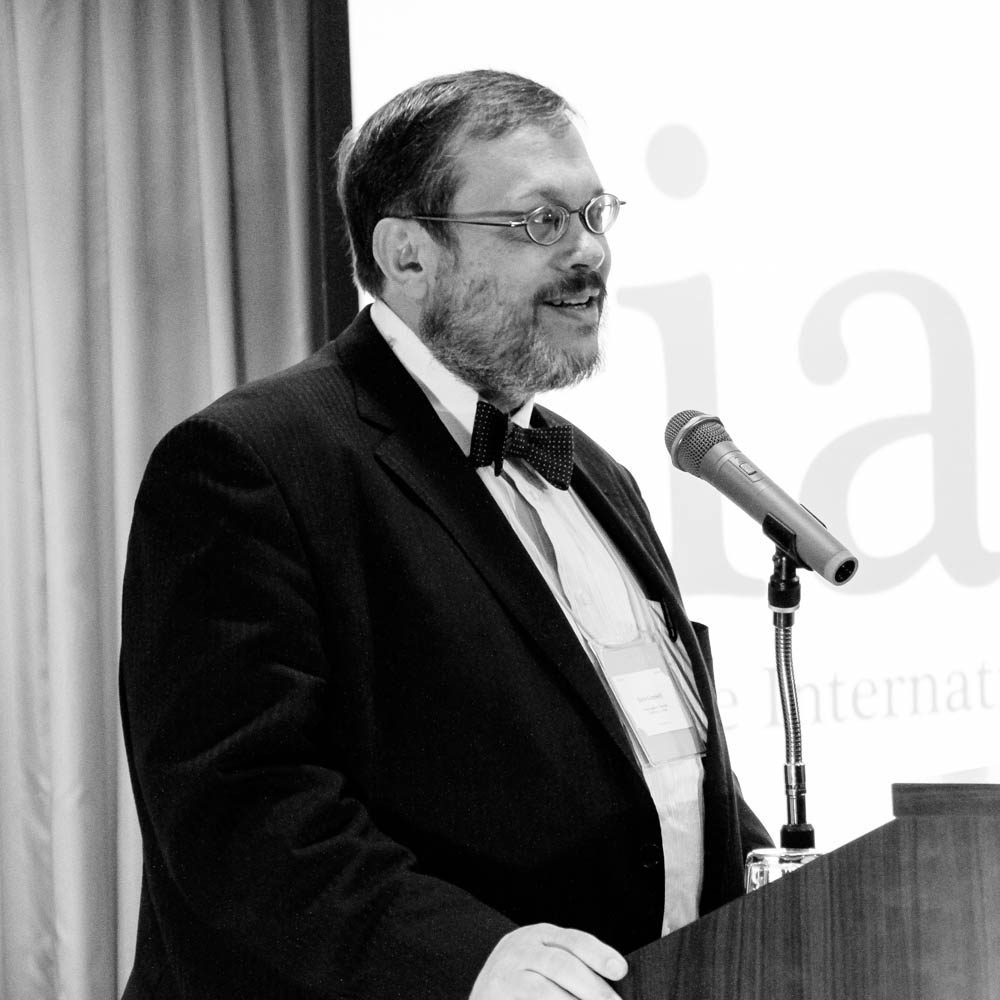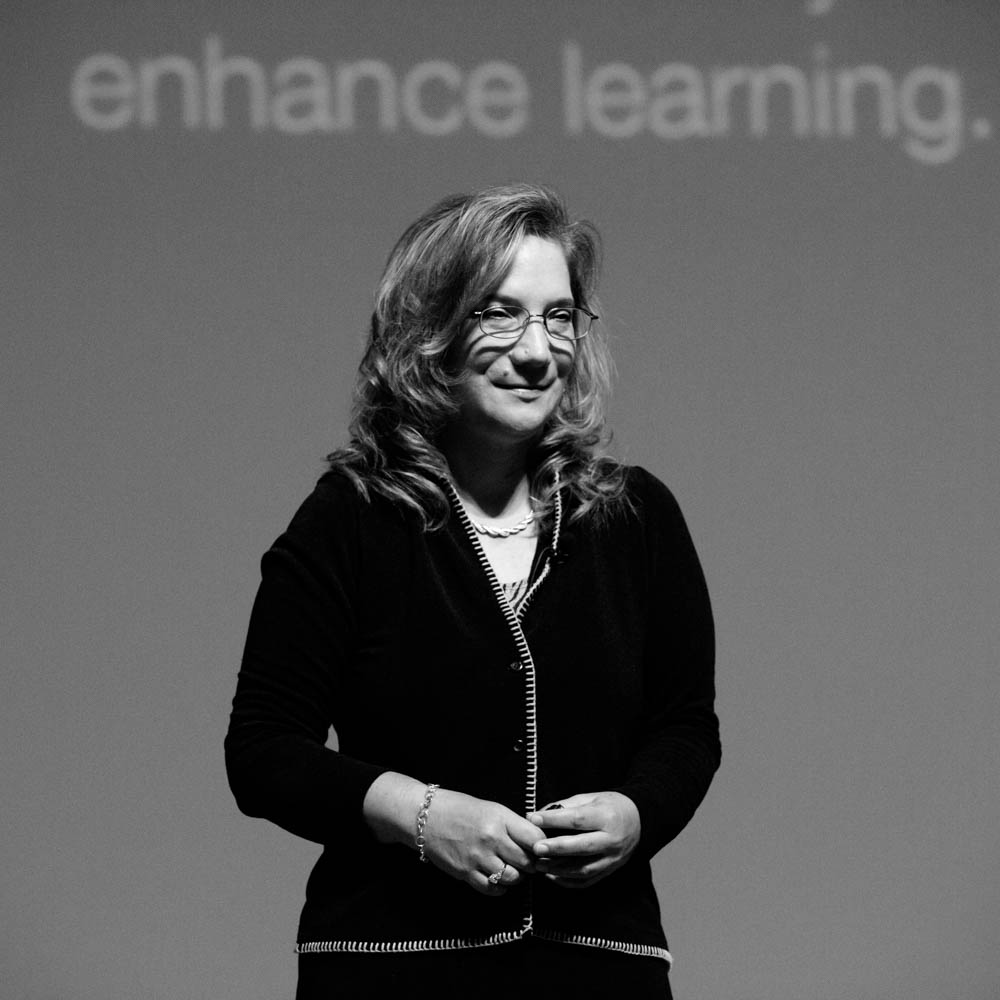“Independence & Interdependence”
May 16–18, 2019 | Toshi Center, Tokyo, Japan
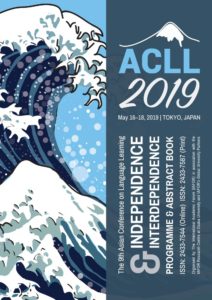 The duality of our theme speaks to how each of us as learners, teachers, and researchers – people curious about the world and our place in it – act together to educate. We each bring our independent individual variables to any teaching and learning situation, yet work interdependently to learn from each other and create new connections and meanings.
The duality of our theme speaks to how each of us as learners, teachers, and researchers – people curious about the world and our place in it – act together to educate. We each bring our independent individual variables to any teaching and learning situation, yet work interdependently to learn from each other and create new connections and meanings.
Language learning and teaching are at once highly personal and individual while also social and embedded in an ecology of inter-relationships. Independence and interdependence cannot exist without each other, so how should this tension and integration inform our academic inquiry into language learning research and practice? Research in self-regulation, self-determination, learner and teacher autonomy, and motivation for language learning is one of several ways to approach these questions, and our host country for this conference, Japan, is a center for such work.
This conference provides opportunities to explore psychological, theoretical and practical aspects of language learning. Whether one’s focus is the impact of technology or the integration of emotions into the classroom, we can and must all rely on each other to best serve students and support them in becoming autonomous, independent language learners who can be successful in an increasingly interconnected and interdependent world. An international, intercultural, and interdisciplinary conference such as this brings us together; to surprise, support, and learn from each other.
ACLL is organised by IAFOR in association with the IAFOR Research Centre at the Osaka School of International Public Policy (OSIPP) in Osaka University, Japan.
Photo Report
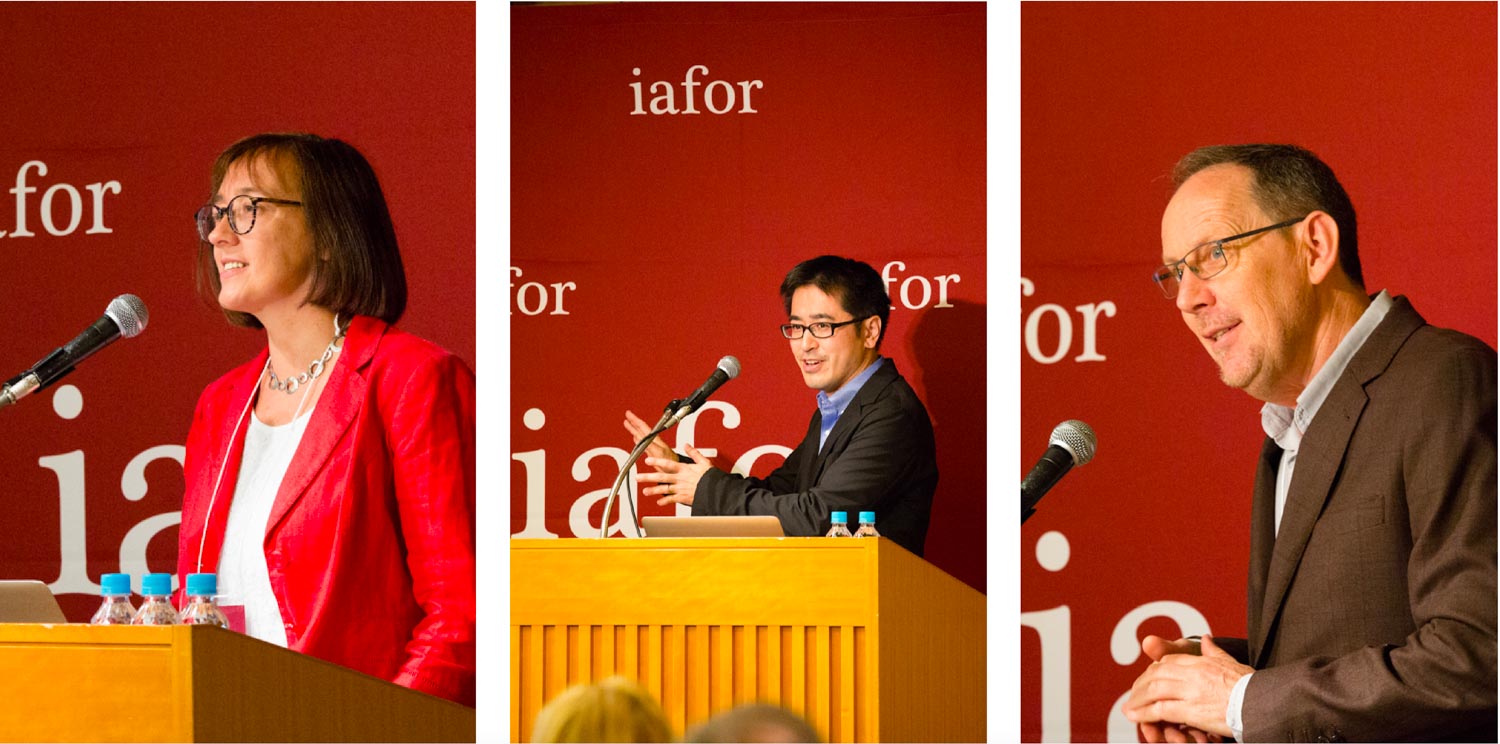
The 9th Asian Conference on Language Learning (ACLL2019) was held in Tokyo, Japan on the theme of independence and interdependence and saw more than 150 academics from over 35 countries.
Above from left to right: Professor Sarah Mercer of the University of Graz, Austria, delivers a Keynote on the “Interdependence of Language Teacher and Learner Wellbeing”; Masaya Mori, Executive Director of the Rakuten Institute of Technology explains how AI technologies can enhance language learning in a Keynote entitled “Transforming Passive TV Viewing into Language Learning with AI”; Author, journalist and CLIL guru, Phil Ball responds to questions following his Keynote on “Consolidating Integration”.
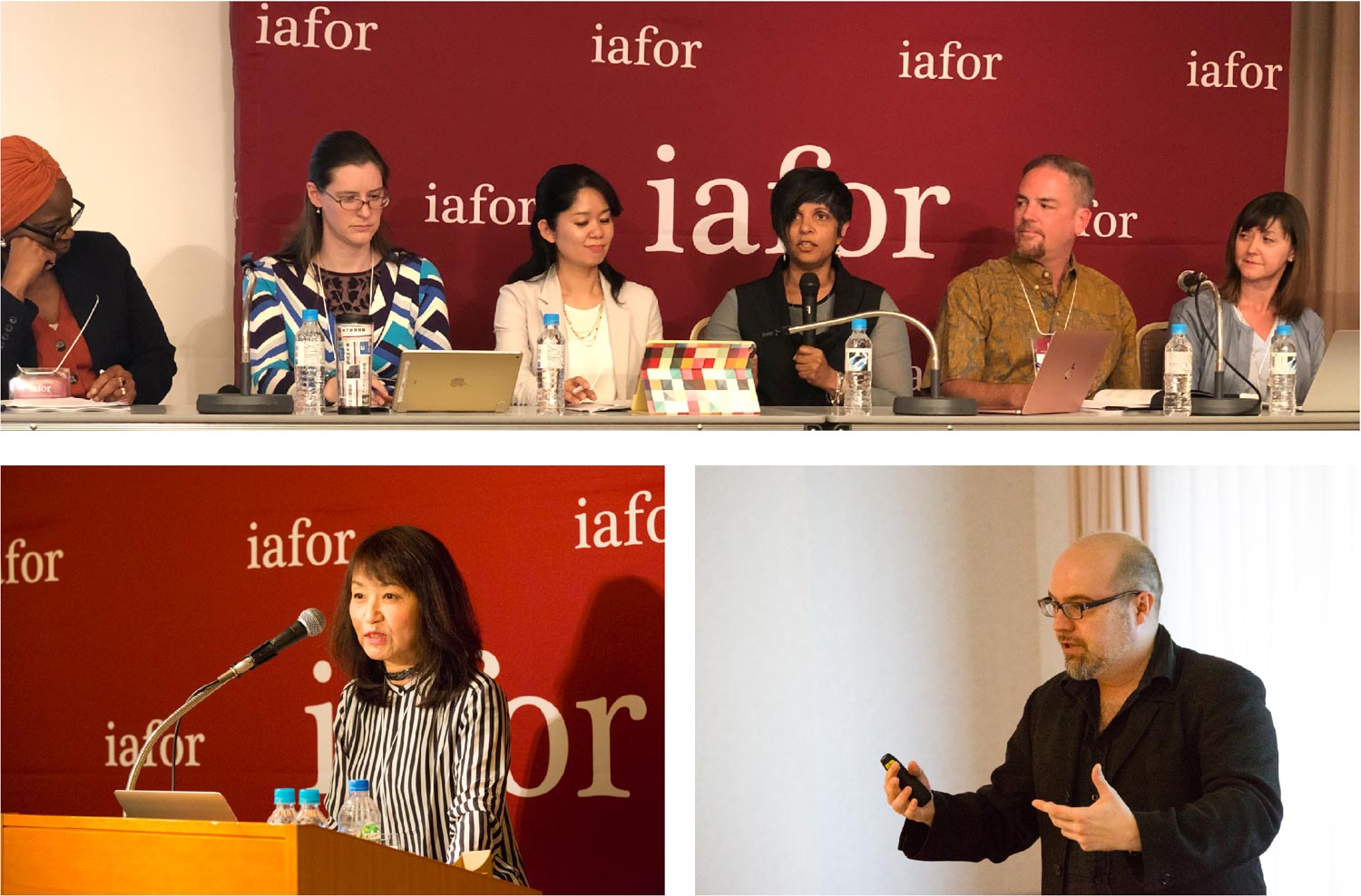
Above top from left-right: Dr Mary Sengati-Zimba, Zayed University, United Arab Emirates; Jennie Roloff Rothman, Kanda University of International Studies, Japan; Dr Satoko Kato, Kanda University of International Studies, Japan; Dr Yasmin Dean, Mount Royal University, Canada (speaking); Professor Ted O’Neill, Gakushuin University, Japan; and Professor Jo Mynard, Kanda University of International Studies, Japan, take part in a lively and interactive featured panel on “Supporting Learners and Learning from Outside the Classroom: An Interdependent Multidisciplinary Approach”. Above bottom from left-right: Professor Keiko Sakui of Kobe Shoin Women’s University, Japan delivers a Keynote on “Gender, Race and Other Factors: Being a Member of Multiple Communities”; and Dr Marco Koeder, digital marketing director of J. Walter Thompson, Japan, discusses “The Power of Randomness: Lessons from (Mobile) Gaming and Behavioral Economics” as they relate to the use of games in learning.
Speakers
Keynote Speakers
-
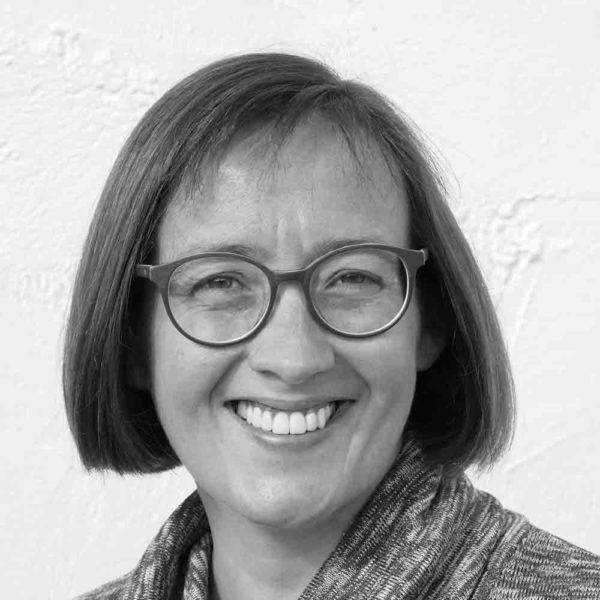 Sarah MercerUniversity of Graz, Austria
Sarah MercerUniversity of Graz, Austria -
 Phil BallAuthor and Journalist
Phil BallAuthor and Journalist -
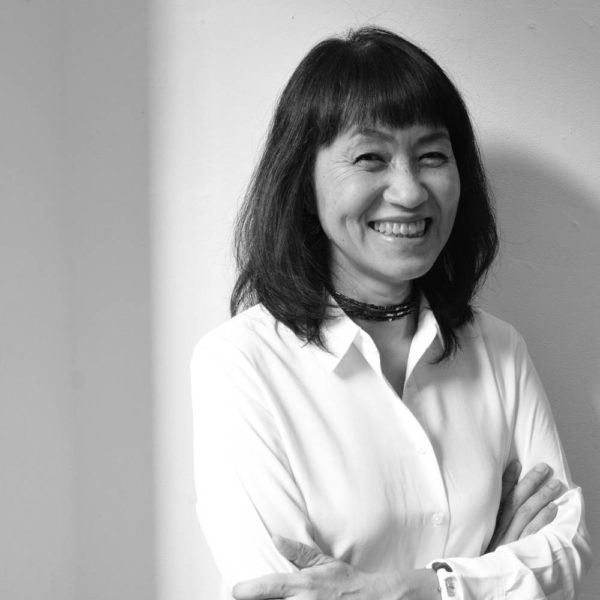 Keiko SakuiKobe Shoin Women’s University, Japan
Keiko SakuiKobe Shoin Women’s University, Japan -
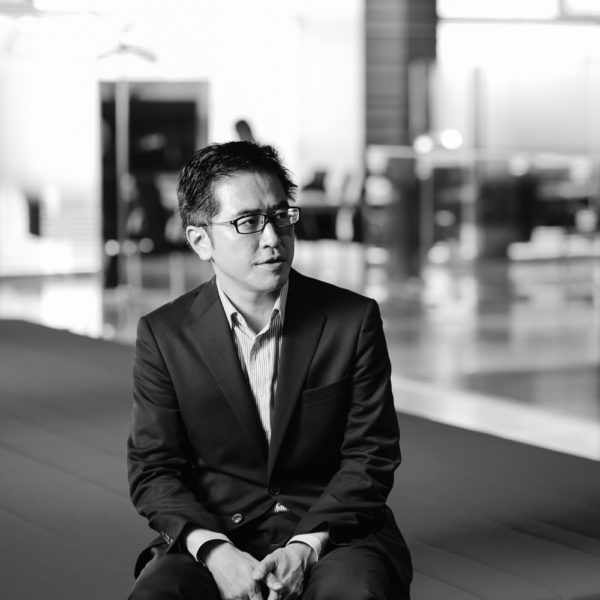 Masaya MoriRakuten Inc.
Masaya MoriRakuten Inc.
Featured Speakers
-
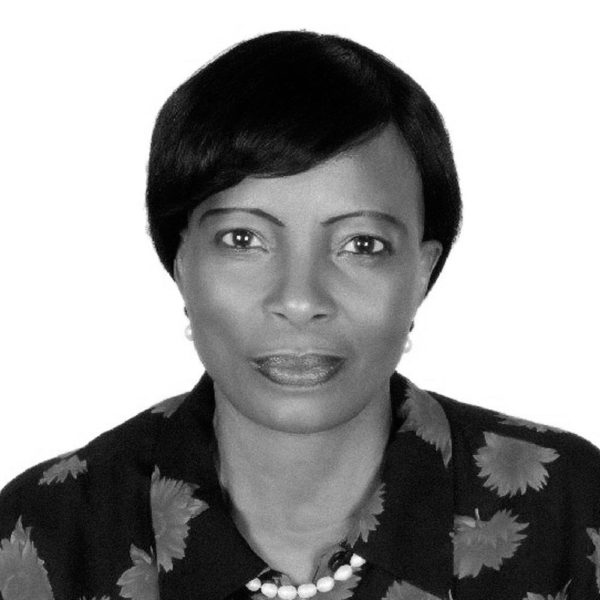 Mary Sengati-ZimbaZayed University, United Arab Emirates (UAE)
Mary Sengati-ZimbaZayed University, United Arab Emirates (UAE) -
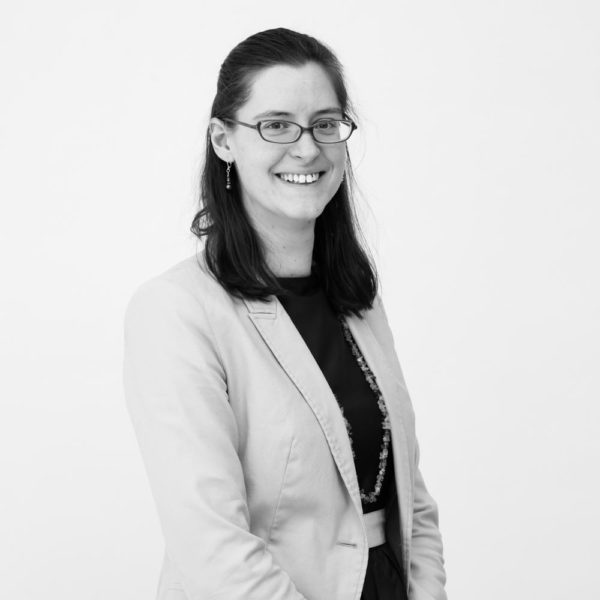 Jennie Roloff RothmanKanda University of International Studies, Japan
Jennie Roloff RothmanKanda University of International Studies, Japan -
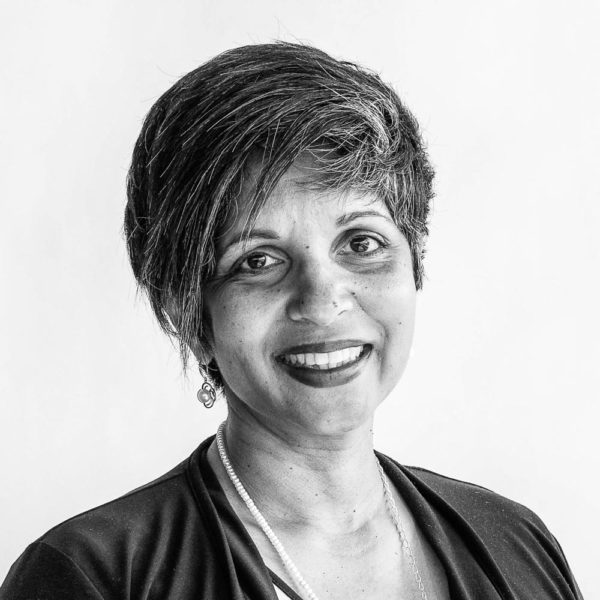 Yasmin DeanMount Royal University, Canada
Yasmin DeanMount Royal University, Canada -
 Marco KoederJ. Walter Thompson, Japan
Marco KoederJ. Walter Thompson, Japan -
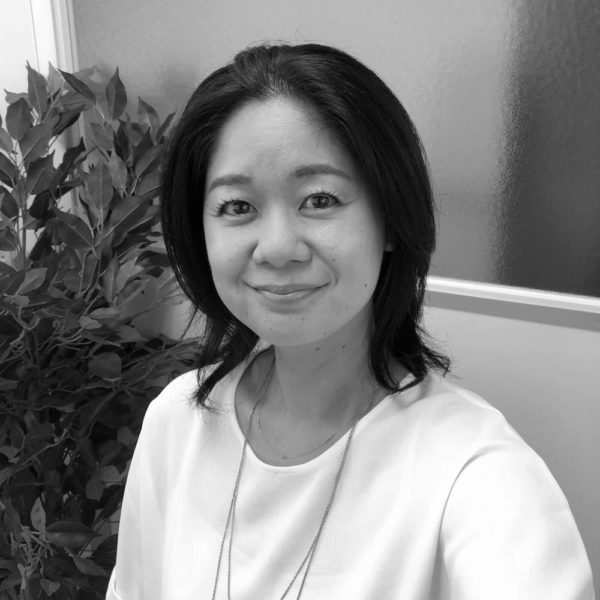 Satoko KatoKanda University of International Studies (KUIS), Japan
Satoko KatoKanda University of International Studies (KUIS), Japan
Moderators
Programme
-
 Supporting Learners and Learning from Outside the Classroom: An Interdependent Multidisciplinary ApproachFeatured Panel Presentation: Yasmin Dean, Satoko Kato, Jennie Roloff Rothman, Mary Sengati-Zimba, Jo Mynard & Ted O’Neill
Supporting Learners and Learning from Outside the Classroom: An Interdependent Multidisciplinary ApproachFeatured Panel Presentation: Yasmin Dean, Satoko Kato, Jennie Roloff Rothman, Mary Sengati-Zimba, Jo Mynard & Ted O’Neill -
 The Power of Randomness: Lessons from (Mobile) Gaming and Behavioral EconomicsFeatured Presentation: Marco Koeder
The Power of Randomness: Lessons from (Mobile) Gaming and Behavioral EconomicsFeatured Presentation: Marco Koeder -
 Gender, Race and Other Factors: Being a Member of Multiple CommunitiesKeynote Presentation: Keiko Sakui
Gender, Race and Other Factors: Being a Member of Multiple CommunitiesKeynote Presentation: Keiko Sakui -
 Transforming Passive TV Viewing into Language Learning with AIKeynote Presentation: Masaya Mori
Transforming Passive TV Viewing into Language Learning with AIKeynote Presentation: Masaya Mori -
 The Interdependence of Language Teacher and Learner WellbeingKeynote Presentation: Sarah Mercer
The Interdependence of Language Teacher and Learner WellbeingKeynote Presentation: Sarah Mercer -
 CLIL – Consolidating IntegrationKeynote Presentation: Phil Ball
CLIL – Consolidating IntegrationKeynote Presentation: Phil Ball
Organising Committee
The Conference Programme Committee is composed of distinguished academics who are experts in their fields. Conference Programme Committee members may also be members of IAFOR's International Academic Board. The Organising Committee is responsible for nominating and vetting Keynote and Featured Speakers; developing the conference programme, including special workshops, panels, targeted sessions, and so forth; event outreach and promotion; recommending and attracting future Conference Programme Committee members; working with IAFOR to select PhD students and early career academics for IAFOR-funded grants and scholarships; and overseeing the reviewing of abstracts submitted to the conference.
-
 Satoko KatoKanda University of International Studies (KUIS), Japan
Satoko KatoKanda University of International Studies (KUIS), Japan -
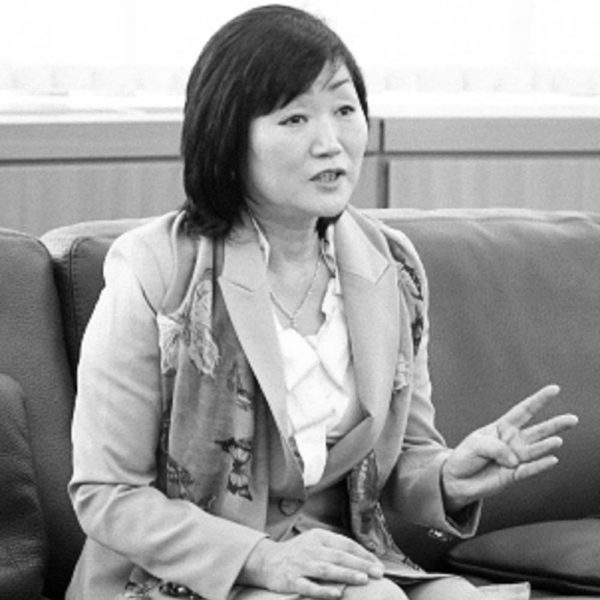 Kyungsook YeumSookmyung Women’s University, South Korea
Kyungsook YeumSookmyung Women’s University, South Korea -
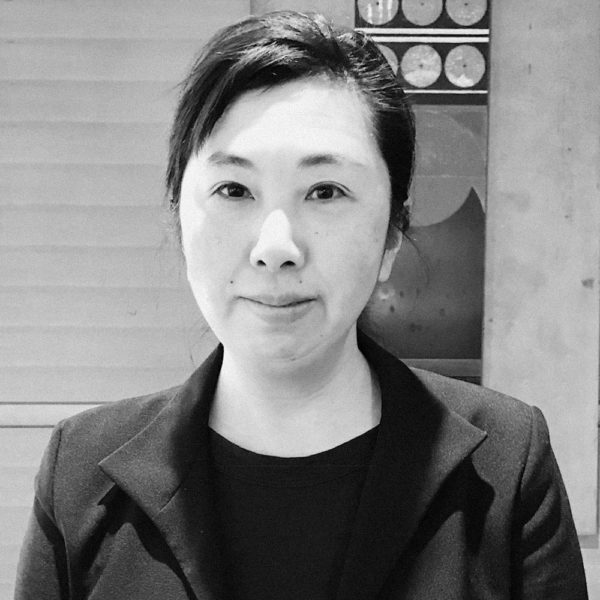 Mika TamuraKyushu University, Japan
Mika TamuraKyushu University, Japan -
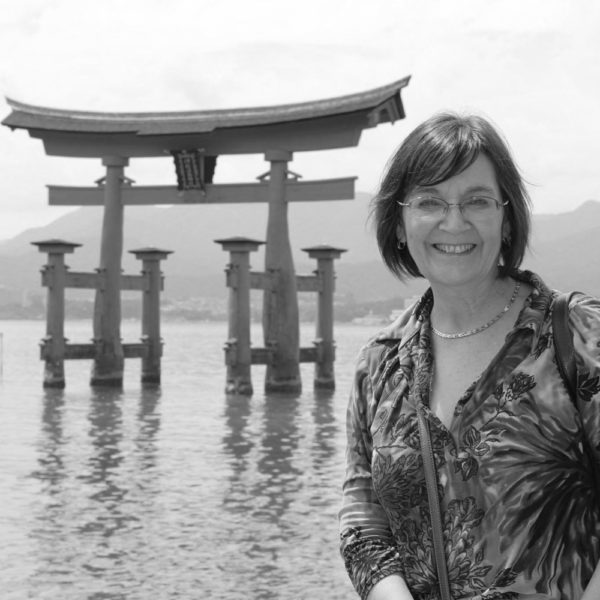 Diane Hawley NagatomoOchanomizu University, Japan
Diane Hawley NagatomoOchanomizu University, Japan -
 Joseph HaldaneThe International Academic Forum (IAFOR), Japan
Joseph HaldaneThe International Academic Forum (IAFOR), Japan -
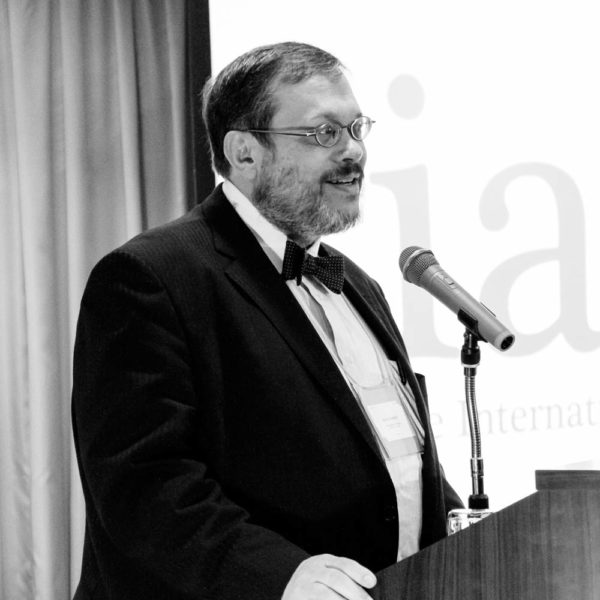 Steve CornwellThe International Academic Forum (IAFOR) & Osaka Jogakuin University, Japan
Steve CornwellThe International Academic Forum (IAFOR) & Osaka Jogakuin University, Japan -
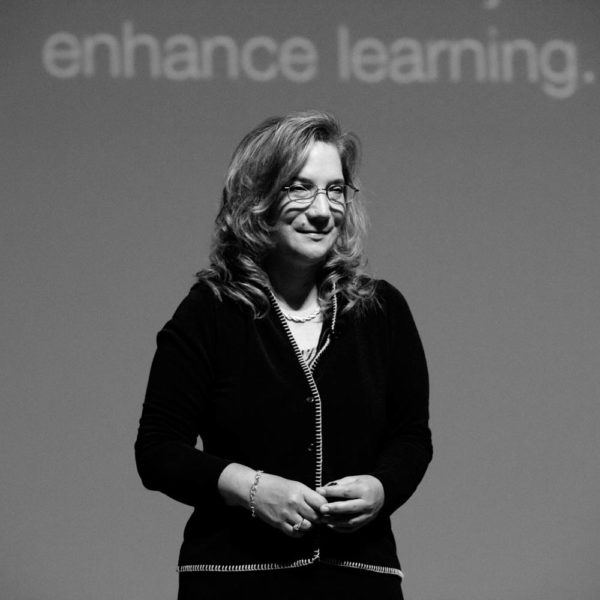 Barbara LockeeVirginia Tech., USA
Barbara LockeeVirginia Tech., USA -
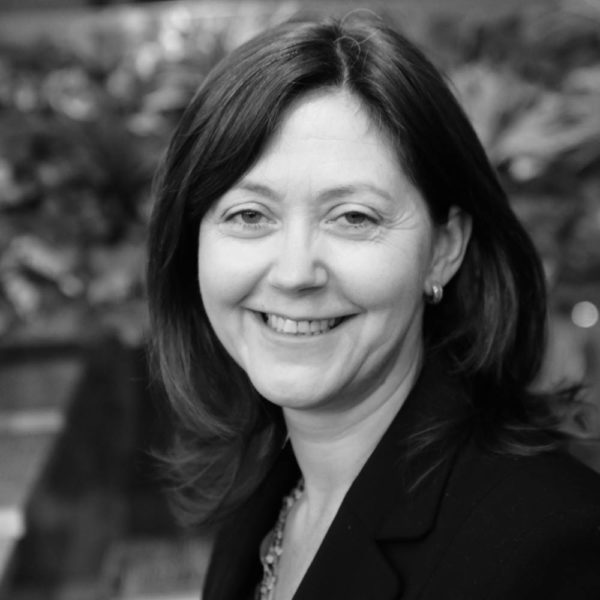 Jo MynardKanda University of International Studies, Japan
Jo MynardKanda University of International Studies, Japan -
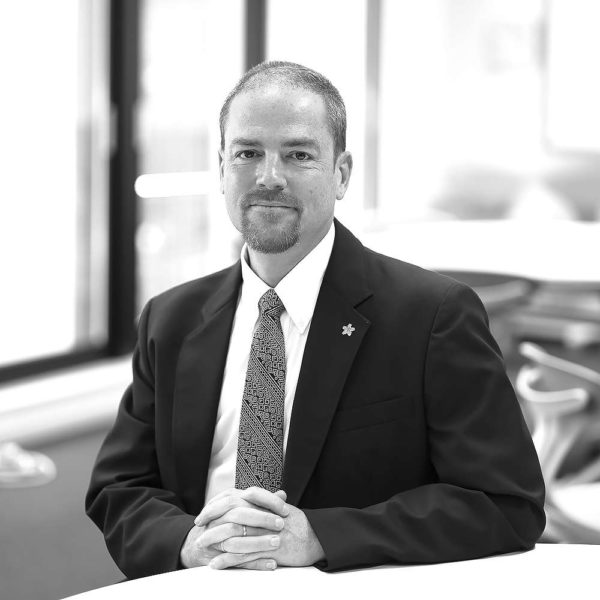 Ted O’NeillGakushuin University, Japan
Ted O’NeillGakushuin University, Japan
ACLL2019 Review Committee
- Dr Paul Nepapleh Nkamta, North-West University, Mafikeng Campus, South Africa
- Dr Anes Mohamed, Kansai Gaidai University, Japan
- Dr Khairul Aini Mohamed Jiri, English Language Teaching Centre, Ministry of Education Malaysia, Malaysia
- Dr Aini Akmar Mohd Kasim, Universiti Teknologi Mara, Malaysia
- Dr Diana Hasan, Bung Hatta University, Indonesia
- Dr Manisha Patil, Y.C. Institute of Science, India
- Dr Edsoulla Chung, University of Cambridge, United Kingdom
- Professor Jeremy Chambers, Advan College of Languages, Japan
- Dr Mei-Huei Tsay, Central Taiwan University of Science and Technology, Taiwan
- Dr Michinobu Watanabe, Toin Gakuen High School, Japan
- Dr Mehnaz Choudhury, Central Women's University, Bangladesh
- Dr Norizul Azida Darus, MARA University of Technology Malaysia (UiTM), Malaysia
- Dr Moriam Quadir, East West University, Bangladesh
- Dr Raees Unnisa, Qassim University, Ministry of Higher Education, Saudi Arabia
- Dr Saadia Elamin, Prince Sultan University, Saudi Arabia
- Professor Stuart Perrin, Xian Jiaotong-Liverpool University, China
- Dr Suhaily Abdullah, Politeknik Jeli Kelantan, Malaysia
- Dr Tichie Ann Baena, St. Paul University Dumaguete, Philippines
IAFOR's peer review process, which involves both reciprocal review and the use of Review Committees, is overseen by conference Organising Committee members under the guidance of the Academic Governing Board. Review Committee members are established academics who hold PhDs or other terminal degrees in their fields and who have previous peer review experience.
If you would like to apply to serve on the ACLL2019 Review Committee, please visit our application page.
IAFOR Research Centre (IRC) – “Innovation and Value Initiative”
The IAFOR Research Centre (IRC) is housed within Osaka University’s School of International Public Policy (OSIPP), and in June 2018 the IRC began an ambitious new “Innovation and Value Initiative”. Officially launched at the United Nations in a special UN-IAFOR Collaborative Session, the initiative seeks to bring together the best in interdisciplinary research around the concept of value, on how value can be recognised, and measured, and how this can help us address issues and solve problems, from the local to the global.
